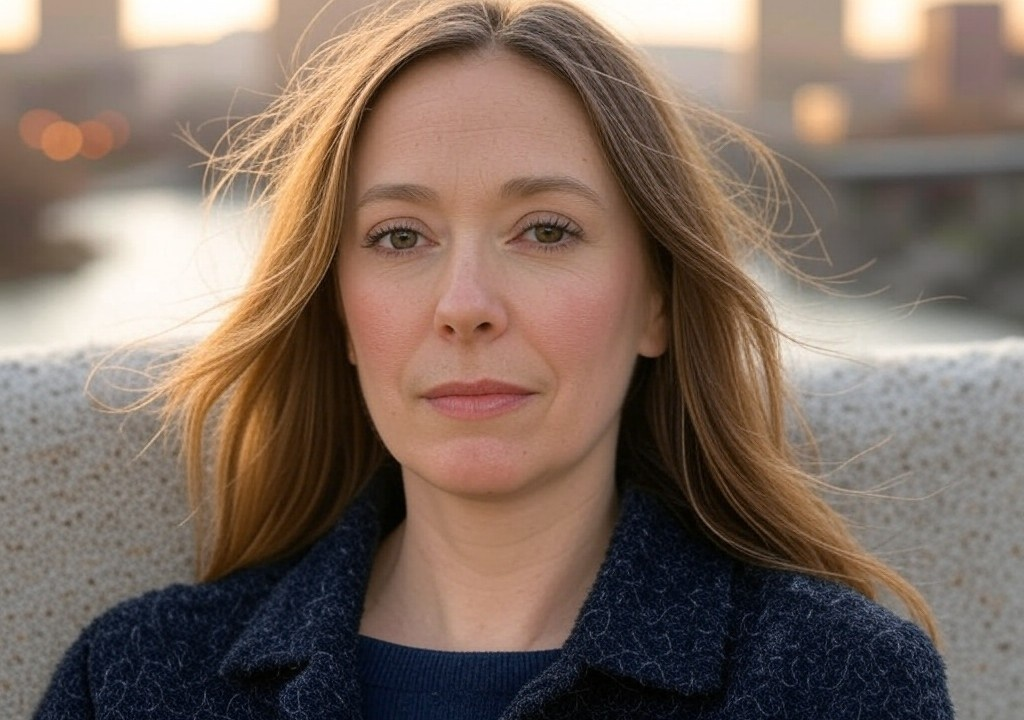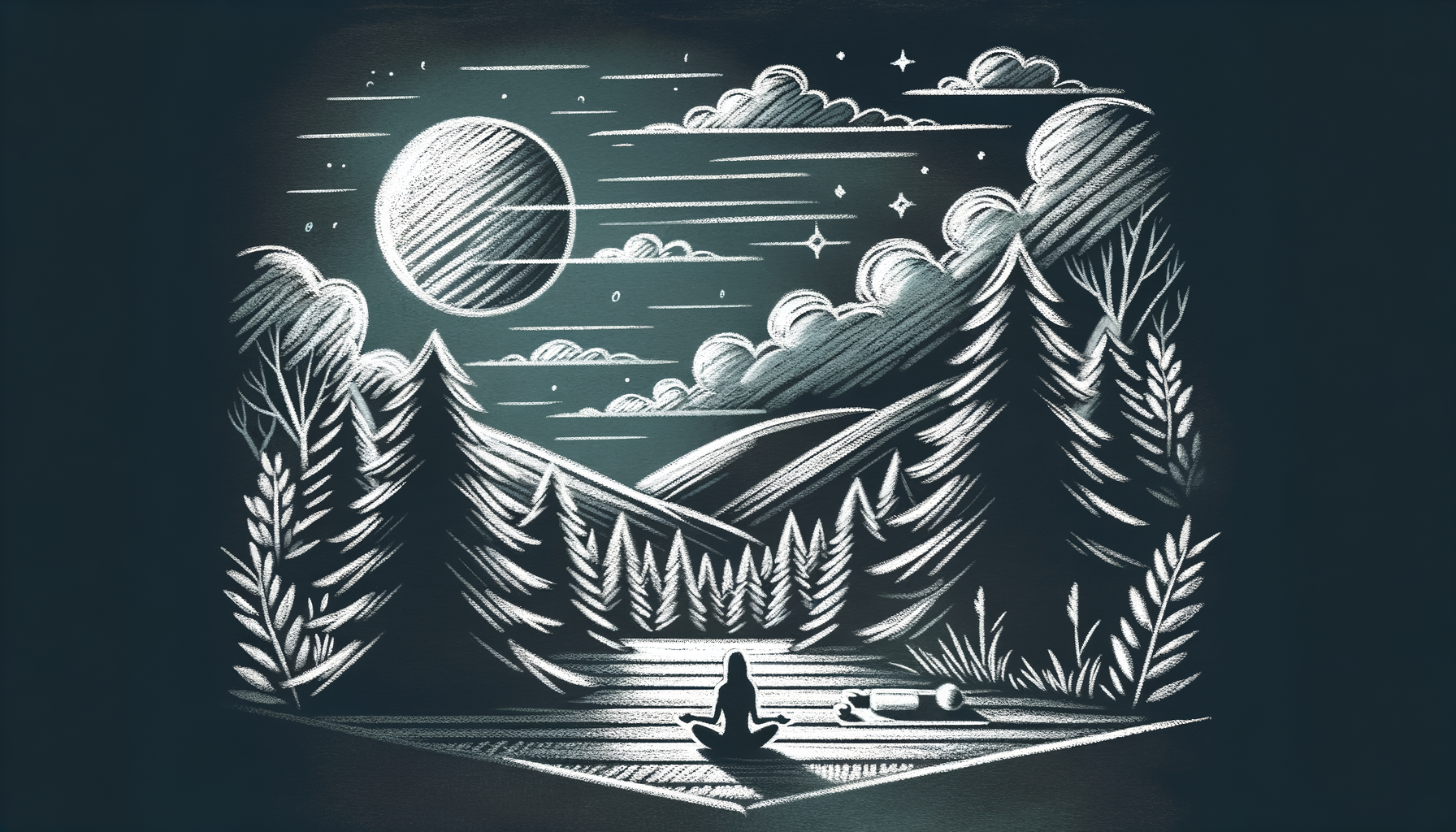The Habit That Saved Me
A Potato-Sized Revelation
Let’s start with a confession: I hate running. Not in the cute, “I’ll skip the marathon and do brunch” kind of way, but in the visceral, “this-is-literally-punishment-for-the-body” way. And yet, somehow, I’m now the kind of person who laces up my sneakers three times a week, no matter the weather, and hits the Boise River Greenbelt without hesitation. My habit isn’t about running marathons (hard pass) or chasing some elusive runner’s high (still waiting, by the way). It’s about the thing running gave me: clarity.
But the epiphany didn’t come from the act of running itself. It came from something much smaller—and, honestly, easier to stomach. To save my life (and my relationships), I had to become a morning person.
Snooze was Stealing My Sanity
For most of my twenties, my mornings were a chaotic montage of snooze-button abuse, wild eyeliner experiments in poorly lit bathrooms, and goose-down parkas thrown on over pajamas as I rushed to meet whatever crisis I’d been too disorganized to avoid. Mornings were my enemy.
When I moved back to Boise after a stint of reporting in Chicago, mornings became even more unforgiving. Boise, as cozy as it is, has light that slices through your blinds at an ungodly hour like it’s auditioning for a Tarantino film. So, I did what any overwhelmed person might do: I turned my mornings into an extension of my nights, scrolling social feeds or zoning out to NPR until I could no longer delay the march into adulthood.
My relationships didn’t flourish in this chaos. Friends knew better than to text me before noon, and communicating with partners before coffee was like staging a coup—messy, loud, and always ending in regret. I had no mindset for meaningful conversations, much less the emotional bandwidth to support someone else. Excuses like "I'm just a night owl" or "If loving the snooze button is wrong, I don't want to be right" only went so far.
I was underwater. And then I discovered my first ‘win’: the habit that, eventually, saved me.
Small Wins, Big Ripples
Here’s the thing no one tells you about self-improvement: you don’t start with the big stuff. If someone had told me, “Leslie, you need to overhaul your sleeping, eating, exercising, and emotional regulation habits starting NOW,” I probably would’ve packed a bag, faked my identity, and moved to a potato farm in Melba. Overwhelm is the enemy of progress.
Instead, my breakthrough came in the quietest way possible—by setting my alarm ten minutes earlier. Not an hour, not two hours. Just ten minutes.
Here’s what I did with that time: Nothing. Literally nothing. I sat still at my kitchen counter with a mug of coffee, stared at the trees in my backyard, and let my brain wander. I didn’t meditate in the traditional sense (no chants or soft gongs here—just me and the birdwatching squirrels). And for those ten minutes, there were no to-do lists, no Instagram reels, no overthinking about whether my across-the-street neighbor was actually a beekeeper or just owned an irresponsible amount of white suits.
It was a pocket of space in my life—an opening, a crack in chaos where something new could fit.
It didn’t seem monumental at the time. But when I gave myself permission to just exist for ten uninterrupted minutes, other things started falling into place. Those ten minutes grew into fifteen, then into tentative jogs along the Greenbelt. Conversations with friends and partners became less short-tempered. Life didn’t feel like a train I’d missed again and again.
Why Mornings Matter
I know what you’re thinking—“Mornings? Really? That’s your big game-changer?” Hear me out. Mornings and relationships are all about how you start.
When your day begins in panic mode, that energy sneaks into your relationships. Snapping at a partner because they asked if you’re out of coffee (“Why don’t you ever buy the coffee, Derek?”), ghosting a friend because your brain is too fried to reply with anything besides “LOL,” or—a personal favorite—anger-texting when your work-from-home boss emails you at 7 a.m. because, guess what, you stayed up too late doom-scrolling again.
A calm morning doesn’t guarantee sunshine and roses for the other parts of your day, but it sets a tone. It’s like stretching before a hike: you’re less likely to pull something (emotionally or otherwise).
How to Build a Morning Habit That Works for You
I get it—you might be rolling your eyes at the idea of carving out Zen-like mornings in your already-packed life. But trust me, I’m no Gwyneth Paltrow-level morning guru selling sunrise yoga regimens and flaxseed smoothies. Here’s a down-to-earth way to build a morning ritual that’ll work for real people who actually hit snooze like a normal human:
-
Start Small (Seriously, Start Tiny):
Don’t aim for two-hour sunrise routines unless you’re already a CEO and/or retired. My game-changer was carving out just ten minutes, and that might be all you need too. -
Make It Low-Stakes:
Skip meditation apps if they stress you out (ahem, guided breathing sessions that feel like a pop quiz for your lungs). Pour coffee. Watch squirrels. Sit still. Doing nothing is underrated—and surprisingly productive for the soul. -
Find Your Why:
Maybe it’s creating mental space to journal. Or squeezing in five minutes of stretching so you don’t look like a human pretzel during Tuesday’s Zoom meeting. For me, it was about cultivating calm so I could show up better for the people I care about. -
Don’t Overproduce It:
This isn’t a Broadway show. Morning routines don’t need playlists, candles, or choreographed breakfast bowls. Start raw, then build. -
Be Kind to Yourself:
Mornings are half habit, half mindset. You’re not failing if it takes weeks—or months—to get into the groove. (Trust me, there were weeks I ditched the birds and went right back to snoozing like a champ.)
It’s Not About the Morning… It’s About You
Here’s where it gets real: the habit that saved me wasn’t about becoming a polished “morning person” who quotes Tim Ferriss at brunch. It wasn’t about the running either—not really. The power of habits lies in what they teach us about showing up.
When I created breathing room for myself, it gave me permission to show up fully—not just for others, but for me. To be a better friend, a better partner, and, let’s be honest, a better person to share coffee with.
The key isn’t perfection; it’s consistency. Like relationships, the work never really ends. But that’s the beauty of it. I might always drag my feet a little—and I still wouldn’t call myself a morning person—but the clarity I get from seeing the sunrise (or watching squirrels in my backyard) has changed the rhythm of everything else in my life.
So, if mornings have been your nemesis, don’t transform yourself overnight. Just set your alarm a little earlier. Show up for ten quiet minutes. You might not become a morning person either—but you just might become someone you like spending time with.




















